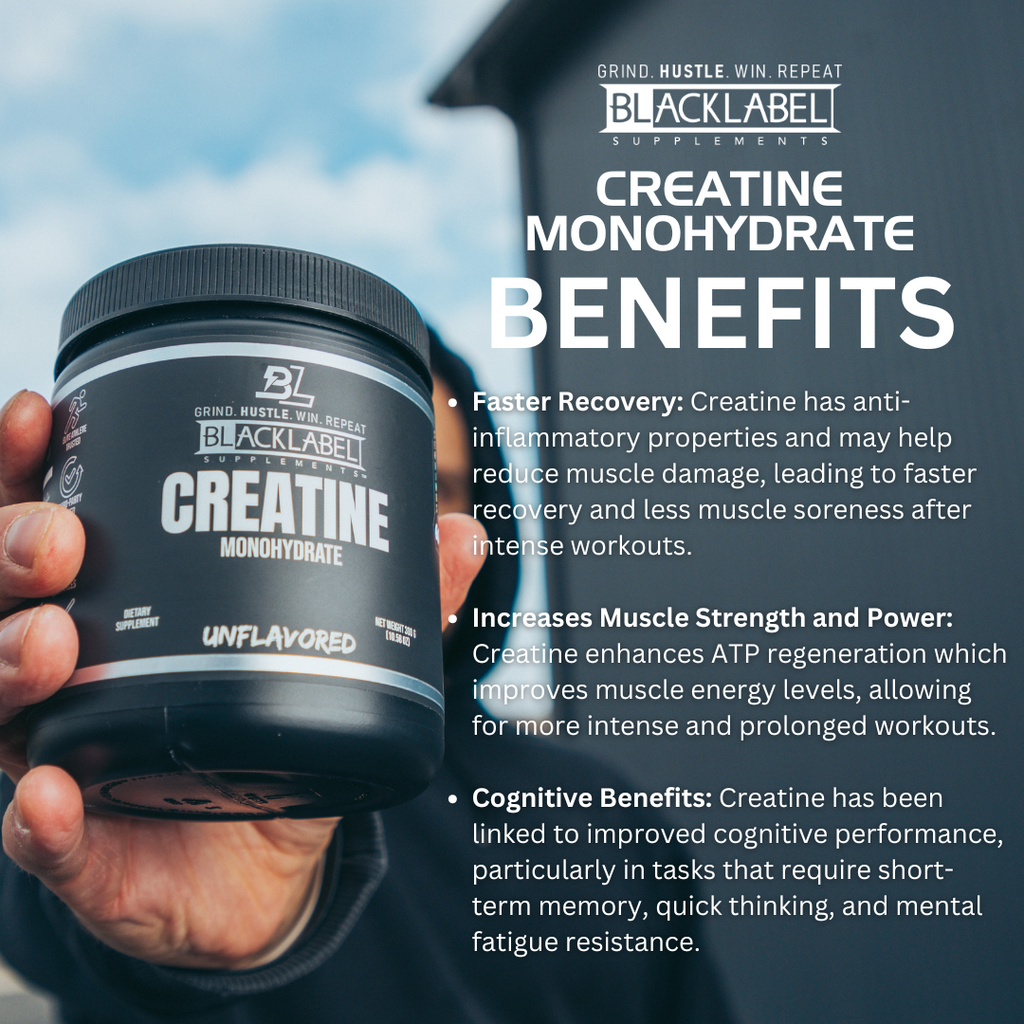Some Known Details About Creatine Monohydrate
Some Known Details About Creatine Monohydrate
Blog Article
Creatine Monohydrate Fundamentals Explained
Table of ContentsRumored Buzz on Creatine MonohydrateWhat Does Creatine Monohydrate Mean?See This Report on Creatine Monohydrate
The authors recognize a threat of predisposition with the study layouts due to a requirement for more quality over randomization with virtually all researches included. Only 3 of the nineteen studies thoroughly described the assessment of VO2 max.
If weight gain via fluid retention is a concern, stop taking creatine 1-2 weeks before racing to balance out liquid retention while keeping raised creatine stores. Some people experience intestinal pain when taking creatine, such as bloating, cramping, or looseness of the bowels.
It's advised to published here utilize it in powder form. Concerns about the long-lasting impacts of creatine monohydrate supplementation on renal (kidney) function have been raised.
What Does Creatine Monohydrate Do?
None of the researches checked out triathletes. The negative impacts reported in the studies associated with weight gain. As mentioned, a lot of the researches used a higher-dose loading procedure (20g+/ day) in a short duration that might be balanced out and avoided through a reduced dose (such as 5g/day) for an extended duration.

Let's look at the major benefits of creatine monohydrate. There is strong, dependable research revealing that creatine improves health and wellness.
The majority of creatine is saved in the skeletal muscular tissues in a form understood
as phosphocreatine, from this source or creatine phosphate. Creatine help in the production of adenosine triphosphate, or ATP. Even if they never raised a weights, they would certainly still profit from creatine supplementation.
Report this page